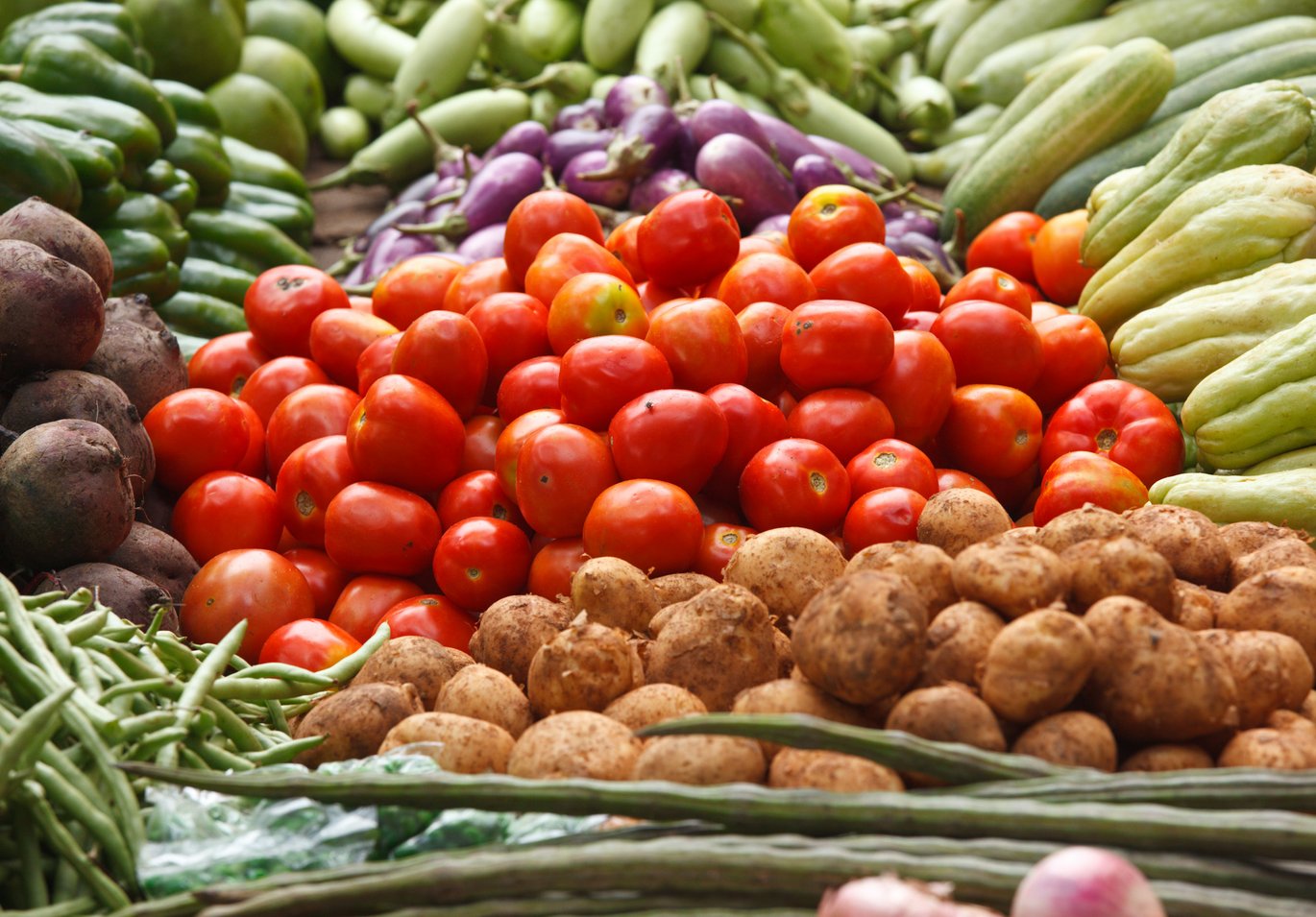Grant of DKK 2.8 mill. for new project on plant-based diets
Assistant Professor Martin Krøyer Rasmussen from the Department of Food Science receives DKK 2.8 mill. from the Independent Research Fund Denmark for a project that will investigate micro-RNAs in plant-based diets. It is an area that is not very well understood, but which can have a very big impact on our health.

A plant-based diet can help solve some of the challenges posed by climate change and an increasing population, but can we replace animal protein with plant protein without lacking anything?
In a new project, Assistant Professor Martin Krøyer Rasmussen, Department of Food Science, Aarhus University, will take a closer look at this. This is made possible by a grant of DKK 2.8 mill. from the Independent Research Foundation Denmark, which has distributed a total of DKK 333 mill. to research projects that will contribute to the green transition.
- You may want to read: DKK 70.2 mill. for 17 green AU projects
Investigation of micro-RNAs in vegetables
More precisely, it is the micro-RNAs in a plant-based diet that will be investigated in the project.
Micro-RNAs are tiny pieces of genetic material that play an important role in the regulation of genes. In short, micro-RNAs can prevent genes from being converted to protein. This is done by binding these to the RNA that is to be used to make proteins, also called messenger RNA.
- We already have knowledge about the micro-RNAs found in milk and how they behave. On the other hand, we know very little about the micro-RNAs of plants. In the project, we will therefore examine a number of the vegetables that we commonly eat. It may be cabbage, tomatoes, carrots and beans, says Martin Krøyer Rasmussen, and continues:
- Not only will we map the content and amount of micro-RNAs, we will also examine their stability. We expose our food to many things that can affect this, such as heating, storage and digestion. What does it do to the micro-RNAs when exposed to changing pH values or to digestive enzymes? This is something that we will try to find out in the project.
Can plant-based diets make us healthier?
The studies of vegetable micro-RNA will provide a greater understanding of how we can create a diet with the best health effects - and whether it can be an advantage to replace animal protein with plant protein.
- By examining which genes are activated or deactivated by the micro-RNAs, we can establish some hypotheses about the connection between micro-RNAs and diseases. By eating a plant-based diet that contains certain micro-RNAs, one may be able to counter a number of lifestyle diseases such as diabetes or fatty liver. Based on our experiences with milk, we have an idea that this may be the case, says Martin Krøyer Rasmussen.
In its final phase, the research project will investigate how to increase the content of beneficial micro-RNAs in vegetables - and thus increase the health benefits of a plant-based diet:
- We will manipulate with different factors in the surroundings of the plants, such as watering and lighting, to see if we can get even healthier plants by stressing them a little before harvest. This is a very comprehensive project, where we will get an understanding of the vegetables' micro-RNA’s from farm to fork and further into our body, Martin Krøyer Rasmussen concludes.
| Project facts | |
|---|---|
| Collaboration partners | Department of Food Science, Aarhus University |
| Funding | The project is funded by the Independent Research Foundation Denmark with DKK 2.8 mill. Visit the website of the Independent Research Foundation Denmark here. |
| Conflicts of interest | No |
| Contact | Martin Krøyer Rasmussen, Assistant Professor at the Department of Food Science, Aarhus University - martink.rasmussen@food.au.dk - Phone: +4522169390 |
